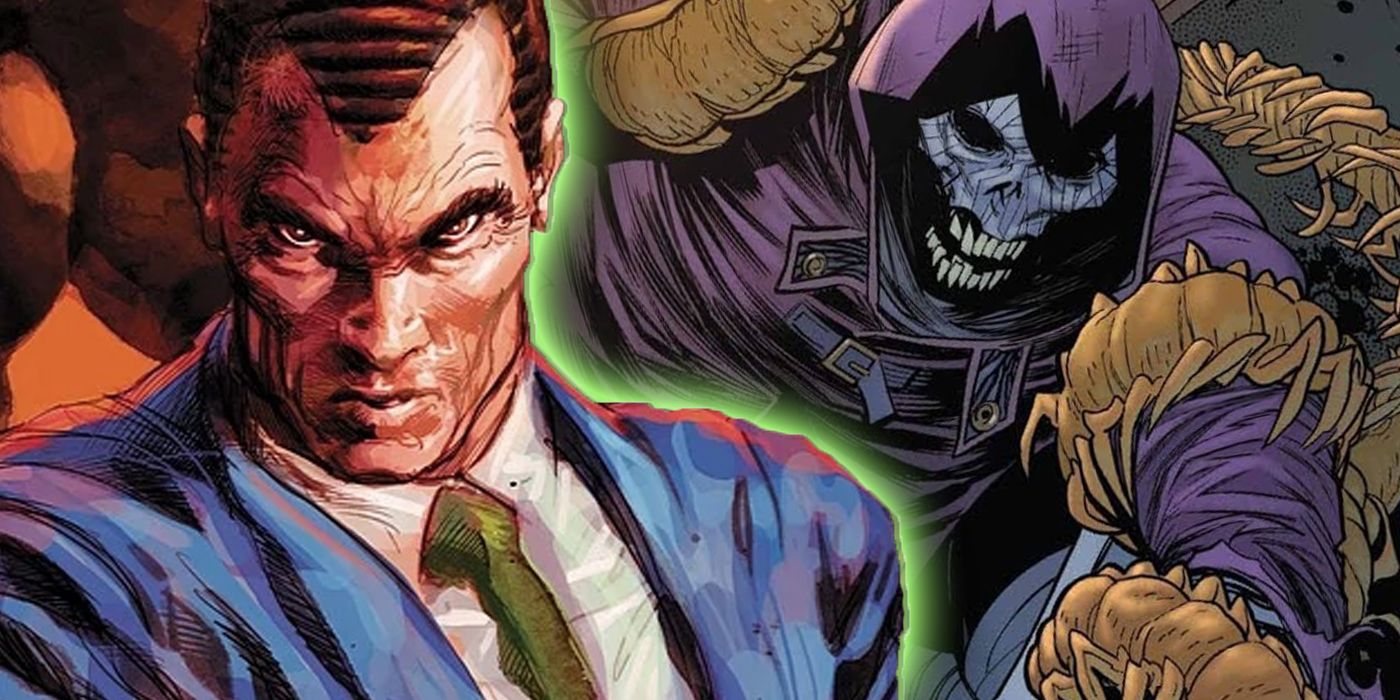In Amazing Spider-Man, one of Peter Parker’s deadliest foes has had a change of heart and is on the road to redemption.
WARNING: The following contains spoilers for Amazing Spider-Man #56 by Nick Spencer, Mark Bagley, Andrew Hennessy, John Dell, Rachelle Rosenberg, Edgar Delgado & VC’s Joe Caramagna, on sale now.
There were plenty of twists and turns throughout the entire “Last Remains” storyline in Amazing Spider-Man, as Harry Osborn’s Kindred planned how to get revenge on both his father, Norman Osborn, and his former best buddy, Peter Parker.
What happened to Norman Osborn, though, was the biggest twist of them all. For years, the Green Goblin was one of Marvel’s most dangerous villains. In one form or another, Norman Osborn killed Gwen Stacy, drove his son mad, and used his power as part of the Power Elite to gain access to invaluable assets at Ravencroft. Even in this storyline, the Order of the Web admitted that they all had nightmares that Norman would be the man who killed Spider-Man.
However, Kindred did something to Norman Osborn that changed him, offering a real shot at redemption for a character who never deserved it.
When planning his attack on Spider-Man and Norman Osborn, Kindred brought Sin-Eater back from the dead and sent him out to set up his master plan. This involved getting Spider-Man’s attention by having Sin-Eater “cleanse” the sins from some of his villains and steal their powers. One of these villains was Norman Osborn, but there was an ulterior motive behind that one specific target.
When Kindred was alone with Green Goblin and Spider-Man, he admitted to both men why he did what he did to them. Kindred said he wanted Spider-Man to admit that he was always responsible for making things worse with his poor and sometimes selfish decisions. However, for Norman, there was a deeper reason for Kindred’s actions. He said that Norman always spread hate and fear and that the Green Goblin prevented him from feeling remorse for those actions. He wanted to take away the Goblin from Norman so that all that was left was the pain.
